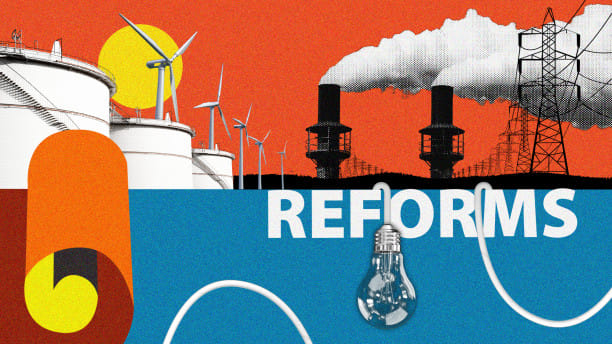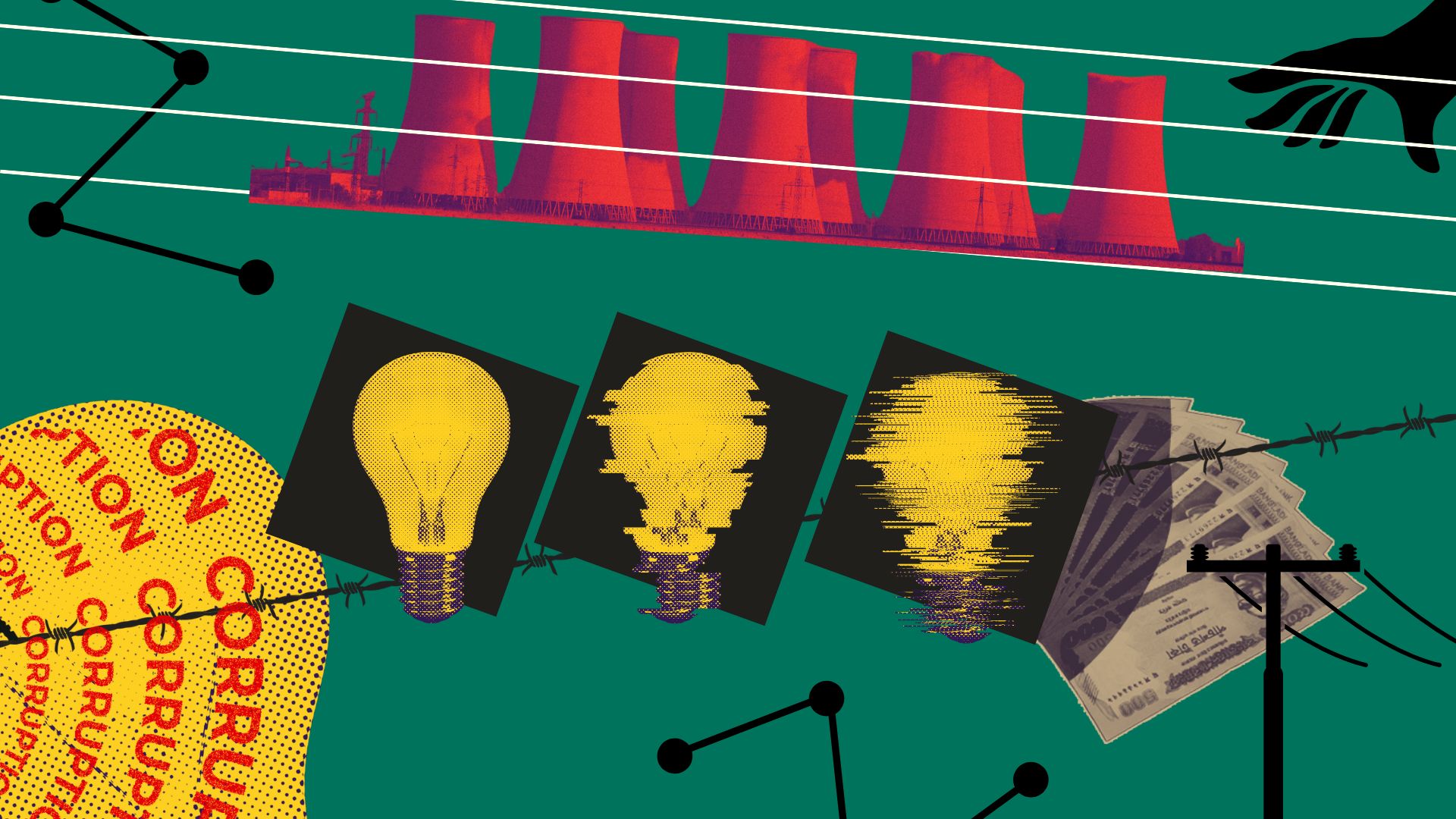Reforms, policies that can mend the power and energy sectors

In the 15-plus years of the last government, the energy and power sectors of Bangladesh have been all but destroyed. It would not only require a long time to recover, but also many unpleasant and difficult decisions. The country has been made heavily dependent on imported fuels as well as power. Capacity charges for private power plants and payment to international oil companies (IOCs) for gas production have to be paid in hard currency. There are numerous other hard currency requirements, such as building transmission and distribution infrastructure, regasification charges, and gas exploration. To satisfy all energy and electricity demands in the country, more than $20 billion would be required annually, which will keep increasing as demand rises and gas production drops and is expected to exceed $30 billion by the end of the decade.
Wrong planning, bad management and corrupt practices by the last government have distorted the energy and power sectors, which may be linked to: i) the enactment of the special provisions law in 2010; ii) overcapacity in power generation and the oil-fired power plants; iii) arbitrary slowdown in gas exploration; iv) failure to control losses in gas transmission and distribution; and v) failure to increase renewable energy penetration.
The Quick Enhancement of Electricity and Energy Supply (Special Provisions) Act, 2010 was meant to expedite the construction of oil-fired power plants and to supply liquid fuels (diesel and furnace oil) to these power plants to overcome the severe electricity shortage then. It was supposed to be a short-term measure to bypass the strict and time-consuming tendering process for public sector procurement. But the act was indiscriminately used for all significant procurements in the power and energy sectors. Using this law, the government started building power plant after power plant without regard to fuel availability or the actual demand for electricity. A decision that should have been technical in nature, made by engineers, was made by bureaucrats and politicians. Even though the country required a combination of different types (baseload, intermediate and peaking) of power plants, it was considered more profitable for politicians and their friends to build large baseload, combined-cycle, gas- and coal-based power plants, rather than the much-needed small or single-cycle gas-fired peaking power plants that can replace the very expensive oil-fuelled ones. The new megaprojects obviously meant hefty kickbacks and other benefits.
Construction of oil-fired power plants amounting to nearly 25 percent of the total power generation capacity was a grave offence made possible by the act. These additions caused the electricity price to go up and put enormous pressure on our foreign currency reserves. The grid was made to always be dependent on these oil-fired power plants. The fuel mix was designed in such a way that removing these power plants would lead to load-shedding and thus great public suffering. No effort was made to remove these expensive power plants, which were being used throughout the day, even at times when solar electricity was available. A calculation shows that strategic integration of solar power plants to the grid could have prevented the use of $500 million worth of liquid fuel annually.
Natural gas theft was always a significant issue in the energy sector of Bangladesh, but grew to gigantic proportions under the last government's rule of over 15 years. The Bangladesh Oil, Gas and Mineral Corporation, also known as Petrobangla, came up with a new term for the gas sector system loss called Unaccounted for Gas (UFG): the gas lost due to pilferage and leakages in the transmission and distribution lines. The UFG has grown in recent years: the average of the years 2020, 2021 and 2022 has been 9.8 percent. International good practices stipulate that this loss be below two percent. A gas network that has a technical system loss above three percent demands immediate remedial action. Non-technical system loss has been a problem because of gas theft in the industrial and domestic sectors. Domestic consumption is shown to be 11 percent, but no one knows the real amount, because most domestic connections are unmetered. Experts and sector insiders claim it cannot be more than six percent. Illegal lines and connections exist all over the country. Therefore, as much as five percent of the total gas is pilfered in the domestic sector. When we add this to the non-technical UFG, the gas loss amounts to more than 10 percent of the total gas supplied. The fact that we don't have enough gas to meet the demand and have to import liquefied natural gas (LNG) implies that any gas loss should be accounted as LNG loss. At the LNG price of $15 per MMBtu, this lost gas annually amounts to around $1 billion.
To prevent further occurrences of this kind of loss a set of reforms and/or policy changes are needed.
Power plant building policy
To prevent overcapacity of power plants and wrong generation planning, the following are recommended:
* Construction of new power plants should be decided by a committee, housed preferably at the Bangladesh Energy Regulatory Commission (BERC), composed of competent technical persons.
* Least-cost planning must be followed.
* Reserve margin (excess generation capacity over peak demand) should only be allowed to exceed 15 percent if sufficient justification is provided that it is required for accommodating intermittent renewables.
* Fuel supply must be ensured by the relevant authority before approval by BERC.
* Liquid fuel-based power plants can only be used as peaking power plants (maximum daily use must be less than four hours).
* During daylight hours, solar power plants must be used backed by either batteries or gas-fired simple-cycle power plants.
Gas exploration policy
Adequate funds must be provided to fully resume and continue gas exploration without hindrance until the point where experts and BERC are convinced that further exploration won't be cost-effective. This point may be reached when the exploration success ratio falls below 1:10, i.e., when more than 10 exploratory wells need to be drilled to yield one success.
Gas utilisation policy
One difficult issue that all governments in Bangladesh have faced is gas allocation to various sectors; the other issue they failed to tackle is to decide whether a sector should continue to exist. All sectors have been given equal priority. Prioritisation of supply to sectors critical to the economy has become an urgent issue. To ensure reliable supply of gas to the industrial sector, the possibility of the sector importing its own gas should be considered. Along with these policy reforms, rules and regulations to reduce system loss and to prevent theft are essential.
Renewable energy policy reform
The previous government failed miserably to increase the penetration of renewable energy. Even though there are several constraints in implementing renewable energy projects, most experts believe that 10 percent renewable energy in the fuel mix could have been achieved. The most blatant failure is the continuing use of fossil fuels in power generation during daylight hours; this could easily have been substituted by either rooftop solar PV installations or grid-tied solar PV power plants. A new policy must be formulated considering the realities of having to achieve net zero emission. Year-wise targets should be set for utilities, and fines must be imposed if the targets are not met.
Dr Ijaz Hossain is former dean of engineering at Bangladesh University of Engineering and Technology (BUET).
Views expressed in this article are the author's own.
Follow The Daily Star Opinion on Facebook for the latest opinions, commentaries and analyses by experts and professionals. To contribute your article or letter to The Daily Star Opinion, see our guidelines for submission.

 For all latest news, follow The Daily Star's Google News channel.
For all latest news, follow The Daily Star's Google News channel. 

Comments